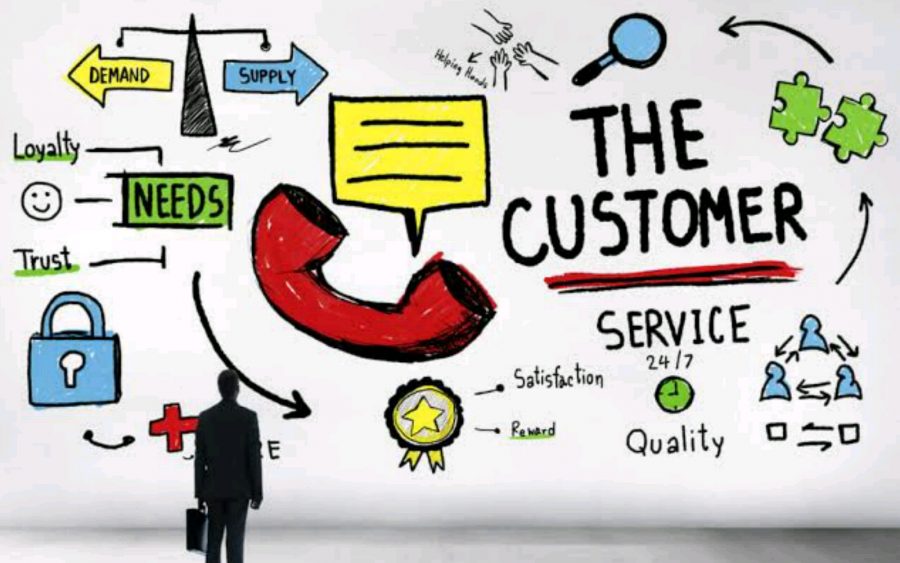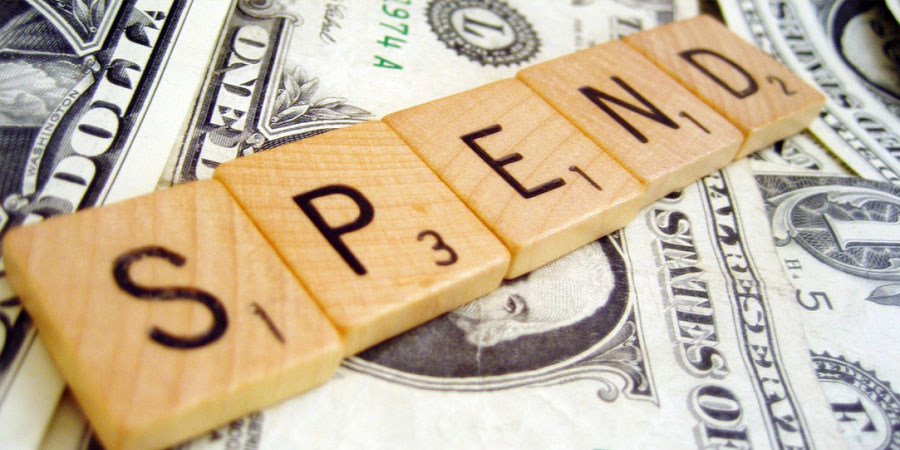In Nigeria, customer service often exists in the shadows. It is talked about in boardrooms, promised in campaigns, yet too often forgotten in the queues at banks or the endless hours waiting for call-centre agents to pick up. That is why Customer Service Week matters. It strips brands bare and forces one question: who is really listening to their customers?
This year’s celebrations offered plenty of colour, giveaways, hashtags, and themed slogans. However, behind the spectacle, only a few brands turned the week into something truly memorable.
What Customer Service Should Be
At its core, customer service is not a “department.” It is the first handshake, the way a complaint is answered, and the consistency of follow-up long after the sale. Nigerian consumers are not fooled by corporate theatre. They know when service is genuine and when it is dressed-up marketing.
What Are Nigerian Brands Doing for Customer Service Week?
Several brands have taken hold of the customer service week, celebrating in visible, meaningful ways. A few brands are using Customer Service Week not just for niceties, but to push internal culture, engage employees, and try new ways to delight customers.
Bolt: More Than a Gesture
Ride-hailing giant Bolt understood the assignment. The company handed out ₦1 million in ride credits and rewarded drivers, recognising that service is not just about the rider, but also the people behind the wheel. It is a rare move in a market where drivers are usually treated as invisible. Bolt’s campaign resonated because it offered value people could feel instantly — discounted rides in a tough economy. That is customer service with teeth.
UBA: A Theme Without Muscle
UBA launched its Customer Service Week under the theme “Mission: Possible.” It sounded ambitious, but slogans do not impress anyone who has spent two hours queuing at a branch. Customers want speed, empathy, and solutions. Unless the bank backs the theme with real systemic changes — faster digital service, fewer bottlenecks — it risks sounding like window dressing.
CoolWazobiaInfo: Pulling Back the Curtain
Radio giant CoolWazobiaInfo took a different path. Instead of dishing out freebies, it opened its studios to customers, clients, and even school children. The behind-the-scenes tours, live performances, and contests gave audiences a sense of belonging. It worked because it was authentic: the stations showed their flaws and their humanity. In an age where transparency builds trust, this approach felt refreshing.
Insurance and Institutions: Playing It Safe
KBL Insurance and NSITF played the familiar game: gift hampers, courtesy calls, promises of “better service.” While these gestures are polite, they hardly shift public perception. Nigerians have seen enough of ceremonial customer appreciation to know it rarely translates into structural change.
ALSO WATCH MARKETING EDGE ONTV
Who Won the Week?
If Customer Service Week were a competition, Bolt walked away with the prize. Their rewards were tangible and timely. CoolWazobiaInfo followed closely because of its boldness in pulling customers into its inner circle. The rest? Their efforts blended into the background noise of corporate Nigeria.
Why Customer Service Still Matters
Nigerians are impatient for better service because it touches every part of daily life: the call that never goes through, the package that never arrives, the teller who ignores you. Great service is not charity. It is a strategy. It converts interest into sales, keeps loyalty alive, and builds the reputation that advertising alone cannot buy.
Do Customers Notice?
Giveaways trend on social media, and studio tours get airtime, but true awareness comes when people experience change in their everyday interactions. A credit in the app is noticed. A smile at the branch is remembered. A shorter waiting time is celebrated. Until these experiences become the norm, Customer Service Week risks being more about performance than progress.
Final Word
Customer Service Week 2025 reminded Nigerians of something simple: brands cannot buy loyalty with hashtags. They must earn it with consistency. Because at the end of the day, the Nigerian consumer is watching and voting with their wallet.







Comment
No comments found.